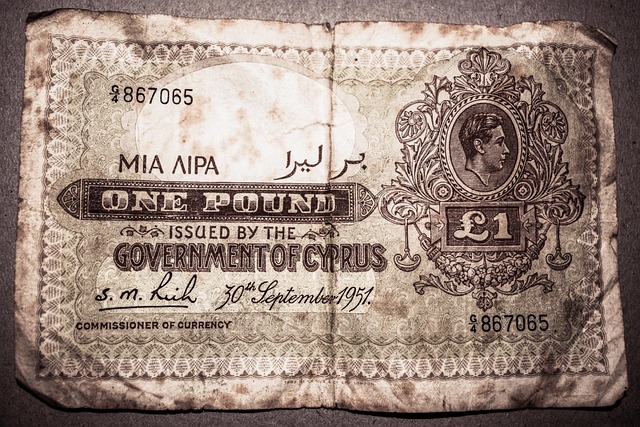Understanding title loan interest rates is crucial for navigating this alternative financing. Rates are often expressed as daily or weekly instead of annual percentage rate (APR). Key factors include credit score – higher scores get lower rates – and asset collateral value. Reputable lenders offer flexible payments and extension options. Excellent credit leads to better terms, while less-than-perfect credit results in higher rates and shorter terms. Improving credit score through error checks, timely bill payments, and debt management secures lower interest rates.
Title loans, a quick source of cash secured by your vehicle’s title, come with varying interest rates. Understanding how these rates are calculated is key to making informed decisions. This article delves into the factors that influence title loan interest rates, with a special focus on your credit score. We’ll explore strategies to improve your credit, enabling you to secure more favorable loan terms. By understanding these dynamics, you can navigate the process confidently and potentially save money.
- Understanding Title Loan Interest Rate Calculation
- The Impact of Credit Score on Loan Terms
- Strategies to Improve Your Credit for Better Rates
Understanding Title Loan Interest Rate Calculation

When it comes to understanding title loan interest rates, it’s essential to grasp how they are calculated. Unlike traditional loans, where annual percentage rates (APRs) are commonly used, title loan interest is typically expressed as a daily or weekly rate. This rate is based on several factors, with the primary one being your credit score. The higher your credit score, generally, the lower the interest rate you’ll receive. This makes maintaining a good credit history crucial for securing favorable terms during the title loan process.
Another aspect that influences title loan interest rates is the value of the asset being used as collateral. Lenders assess the market value of the vehicle (or other property) to determine its potential as a source of repayment if you default on the loan. A higher collateral value can lead to lower interest rates, as it reduces the lender’s risk. Moreover, flexible payments and loan extension options, often available through reputable lenders, can help borrowers manage their finances better while repaying the loan.
The Impact of Credit Score on Loan Terms

Your credit score plays a pivotal role in determining the terms offered by lenders when it comes to title loans—a loan secured by your vehicle’s equity. In the case of title loan interest rates, a higher credit score generally translates into more favorable conditions. Lenders perceive borrowers with excellent credit as lower risk, enabling them to offer competitive rates and flexible repayment periods. This is because they are confident in the borrower’s ability to repay the loan on time.
For individuals with less-than-perfect credit or a history of missed payments, securing a title loan can be challenging. Lenders may charge higher interest rates as compensation for the increased risk. Moreover, loan terms might be shorter, and the total repayment amount could be significantly higher due to accrued interest. Understanding these dynamics is crucial when considering a motorcycle title loan or any secured loan, as your vehicle ownership can be at stake if payments are missed.
Strategies to Improve Your Credit for Better Rates

Improving your credit score can significantly impact your ability to secure lower title loan interest rates. A higher credit score demonstrates your financial responsibility and reliability to lenders, which can lead to more favorable terms. One effective strategy is to regularly review your credit report for errors or discrepancies and dispute any inaccurate information. Timely payment of bills, including credit cards and loans, is another crucial step. Building a history of consistent on-time payments will positively affect your score.
Consider using your vehicle collateral wisely. Many financial institutions offer secured loans, such as auto loans or home equity lines of credit, which can help improve your credit profile over time. Additionally, demonstrating responsible management of existing debt and maintaining a balanced credit utilization ratio (the amount of available credit you’re currently using) can boost your score. These steps not only enhance your creditworthiness but also serve as a financial solution for short-term needs while promoting long-term financial health.
Title loan interest rates are significantly influenced by an individual’s credit score, with higher scores securing more favorable terms. Understanding how these rates are calculated and implementing strategies to improve your credit can lead to substantial savings. By optimizing your credit profile, you gain access to better loan offers and can make informed decisions when considering a title loan. Remember, maintaining a strong credit score is key to navigating the financial landscape effectively.






